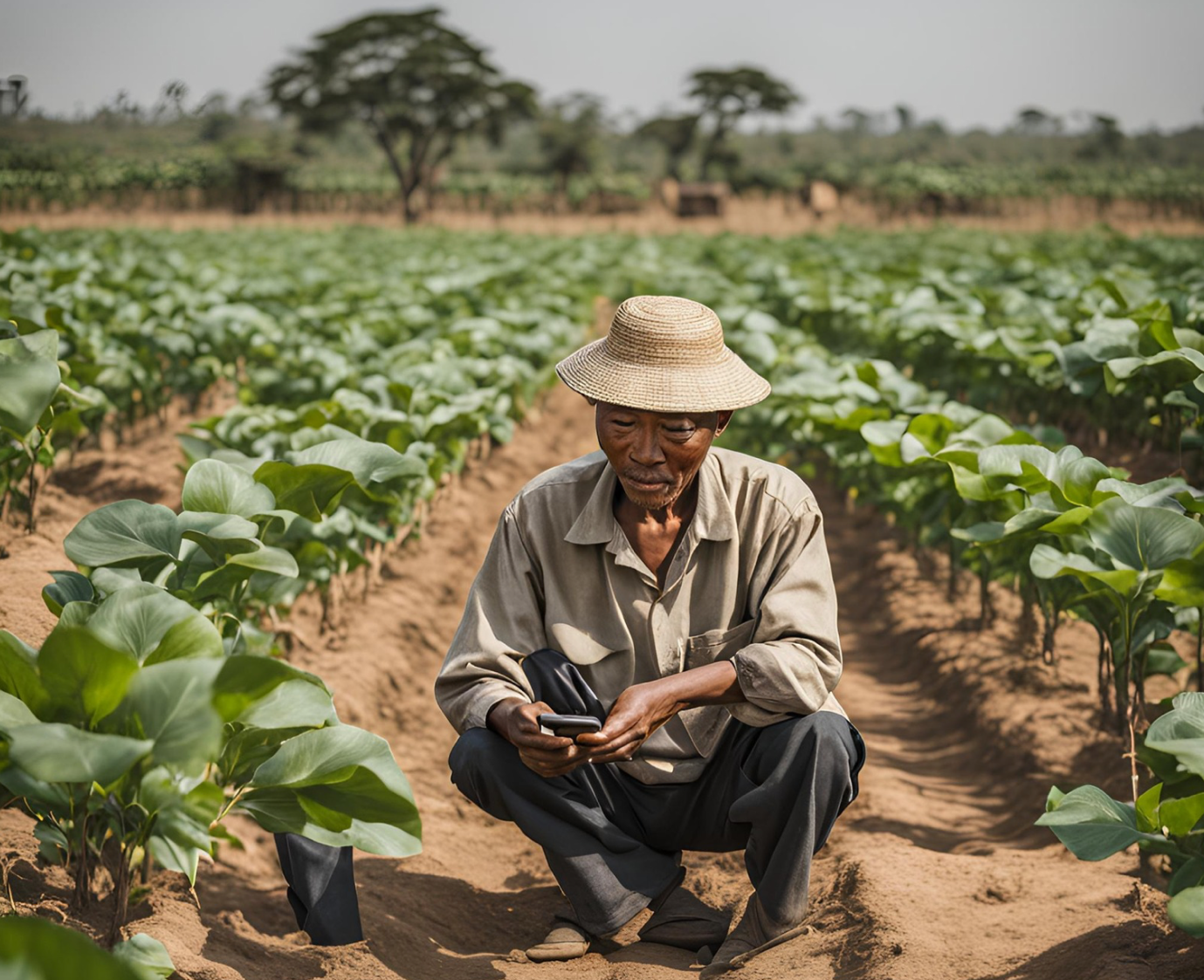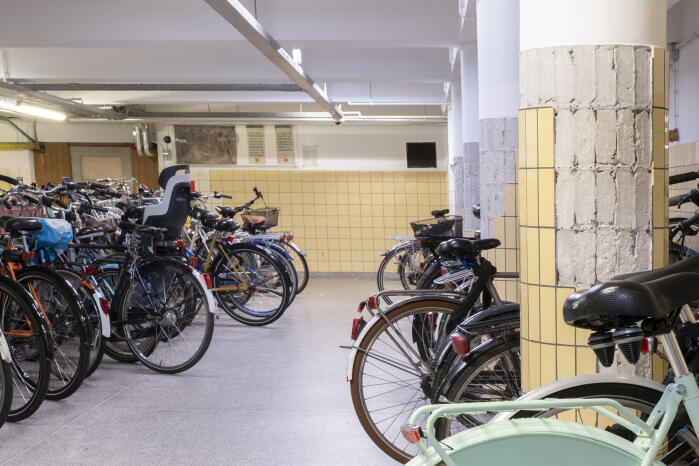MORSE KICK OFF EVENT
On Monday the 25th of October, the MORSE kick-off event took place. After a short introduction given by professor Mark Sanders, professor Yvonne van der Meer presented the Sustainable UM2030 programme. Sustainable UM2030 is a UM-wide platform for sustainability and focusses on three pillars: education, research, and operations. For this year, the UM has two focus areas; the first one being the start of a sustainability minor, the second one being the fostering of a collaboration focussed on sustainability between the teaching staff members of the different faculties. Besides these two focus areas, ‘overall actions’ such as forming a community, giving trainings to staff members, having a green office contact point for students, etc. aim to create a more sustainable UM by promoting awareness.
After the interesting talk on Sustainable UM2030, some of the MORSE partners presented research that they are currently working on. The first presenter was dr. Ruud Gerards. He talked about labour, sustainable choices and the factors that affect sustainable employment. Two examples of these factors are technological challenges in the workplace and institutional changes such as flexibilization and individualization that put more pressure on the individual. His presentation was followed up by a presentation given by professor René Kemp. His presentation was about the commons and the social economy. A couple of things that were touched upon were the climate emergency (we are heading to temperature rise of 3 degrees Celsius), the increase of inequality and the idea of a different social contract. The presentation was concluded with some questions for (further) research. The third presentation was given by professor Nancy Bocken. The topic was ‘business models for a circular economy’. The objective of the research is to advance the understanding of circular business models, their emergence, and impacts. The next presentation was given by professor Ann Vanstraelen. The presentation was about responsible business. Several aspects were discussed, of which the first one was responsibility. Some important questions that relate to this aspect are: ‘how can sustainability be made a part of a company’s DNA’ and ‘how can responsibility and sustainability be embedded in businesses.’ Other discussed aspects were responsibility, accounting, finance, governance, and research. The next presentation was about migration and resilience in labour markets. The collaborators on this research are Melissa Siegel and Frank Corvers. The presentation gave attention to the problems that can arise such as the fact that sustainable labour opportunities will likely not be equally accessible or of equal quality for workers with different skill levels, including specific groups such as migrants, the disabled, elderly, entrepreneurs, and atypical workers.
The second half of the kick-off event started with a presentation given by dr. Jarrod Ormiston. He talked about the community which now already consists of 32 academics with expertise and interest in social and sustainable entrepreneurship and the many core topics that are already covered by the community. Potential collaborations, potential initiatives, and the fact that it would be nice to connect PhD students working on similar things were discussed as well. The next presentation was given by Tania Treibich and was about resilience in open economics. She talked about resilience and trade and, relating to that, the importance of external shocks such as a global financial crisis in a globalised world. She also spoke about identifying resilience and, relating to that, questions such as who gets hit by the shocks and who manages the shocks better and why. She furthermore spoke about sustainability and policy changes. The next presentation was given by dr. Mindel van de Laar. One of the things addressed was the fact that a lot of schools have had to close due to COVID-19 and the ongoing MORSE e-resilience activities. The presentation was followed up by a presentation given by dr. Serdar Turkeli. He first spoke about the MORSE Observatory and its inter-departmental research and interdisciplinary approaches. He also spoke about a MORSE survey that was conducted in order to match MORSE partners for collaborations and the following step to this: a web service and an accessible database for all.
The last presentation was given by professor Mark Sanders. The topic of his presentation was ‘resilience to climate change’. The first part of the presentation was about how climate is changing and how natural hazards and other natural events occur more and more often. The second part was about resilience to climate change and the following sub-topics: resilience to natural hazards, resilience to extreme weather, entrepreneurship and resilience and other MORSE resilience themes such as inclusion, open economies, and politics.
After the last presentation the kick-off event came to an end with a short summary of the other scheduled events for the rest of the week.
Also read
-
In his master’s thesis, “Empowering Smallholder Farmers in Data-driven Agriculture through Blockchain Technology,” Daniel Acosta Stasiukynas, MSc Sustainability Science, Policy & Society graduate, explored blockchain technology and its potential to benefit smallholder farmers. In this blog, he...
-
The Grote Gracht is richly lined with historical buildings that conceal remarkable stories. Once again, our “hidden gem” is located on this street in Maastricht, this time at number 76: the (bike) cellar.


